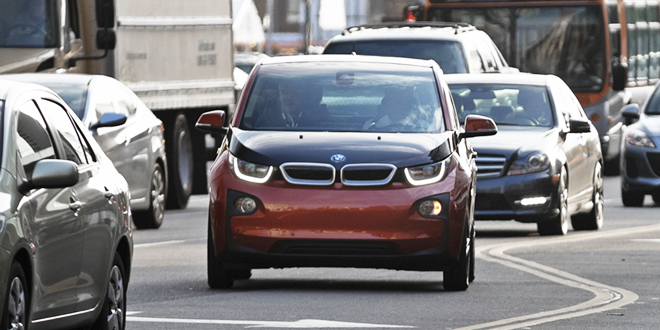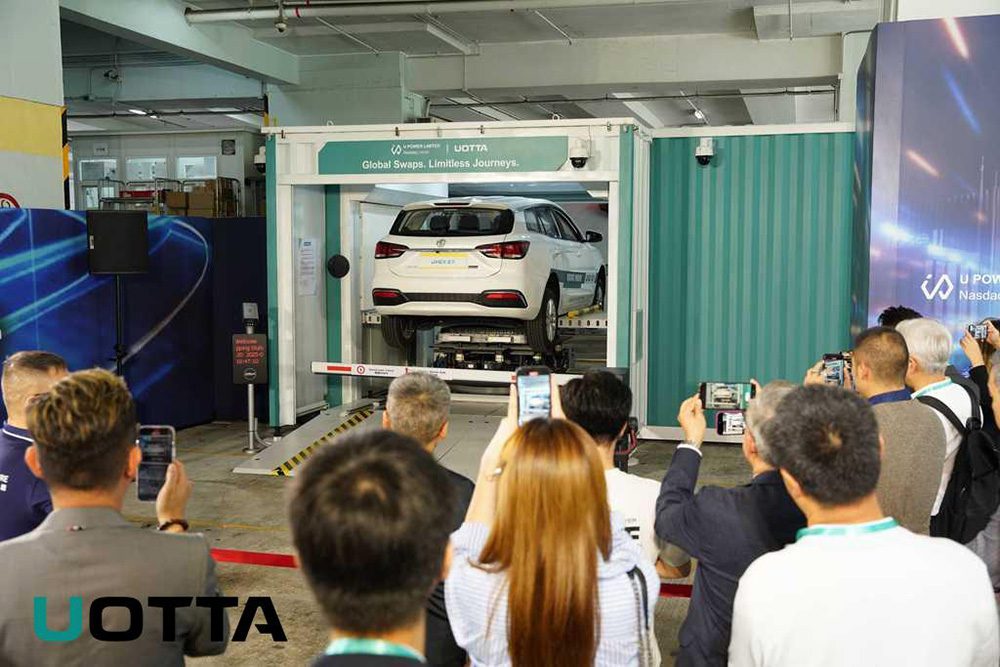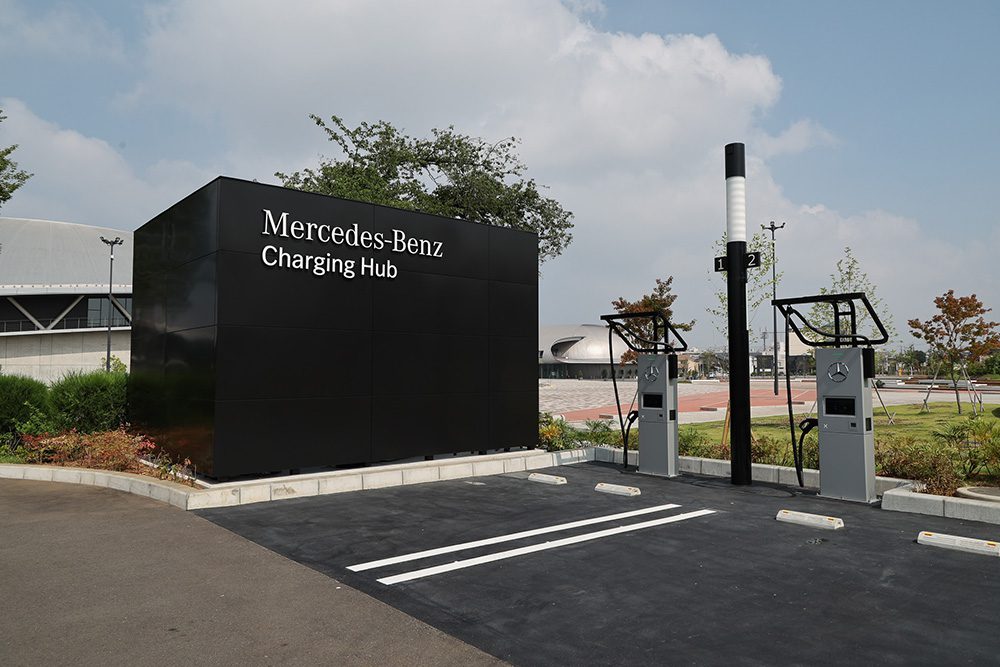Several European nations, notably Norway and the Netherlands, offer generous incentive programs to support e-mobility. Germany, the continent’s largest auto market, has been a conspicuous exception until now.
This week, the German government announced a new incentive scheme worth about 1 billion euros ($1.13 billion). The costs are to be shared equally between the government and automakers, and the objective is to sell an additional 400,000 plug-in vehicles, according to Transport Minister Alexander Dobrindt.
Under the new policy, car buyers will receive a discount of €4,000 for an EV, and €3,000 for a PHEV. Only cars with a sticker price under €60,000 are eligible for the discount. That leaves out Tesla’s Model S and Model X, as well as the BMW i8 and Mercedes’ PHEV models.
The program also includes 300 million euros of investment in charging stations. The government said that 200 million of those euros will go toward a network of around 5,000 DC fast charging stations, with the rest going for Level 2 chargers at destination locales.
Minister Dobrindt also said that €1 million will be devoted to increasing the number of plug-in vehicles in the federal government’s fleet.
Automakers and trade unions are behind the plan, but some lawmakers in Chancellor Angela Merkel’s Christian Democrat party have criticized the scheme, as have environmental and taxpayers’ lobbies.
“The government may have left carmakers with too much wiggle room on emissions and industry certainly pushed things to a limit there,” Bankhaus Metzler analyst Juergen Pieper told Reuters. “But the decision to kick-start demand for EVs is right. Other countries are doing this too for good reasons.”
SEE ALSO: 6 EV infrastructure lessons we can learn from Norway
Sources: Reuters, Transport Evolved

















































































